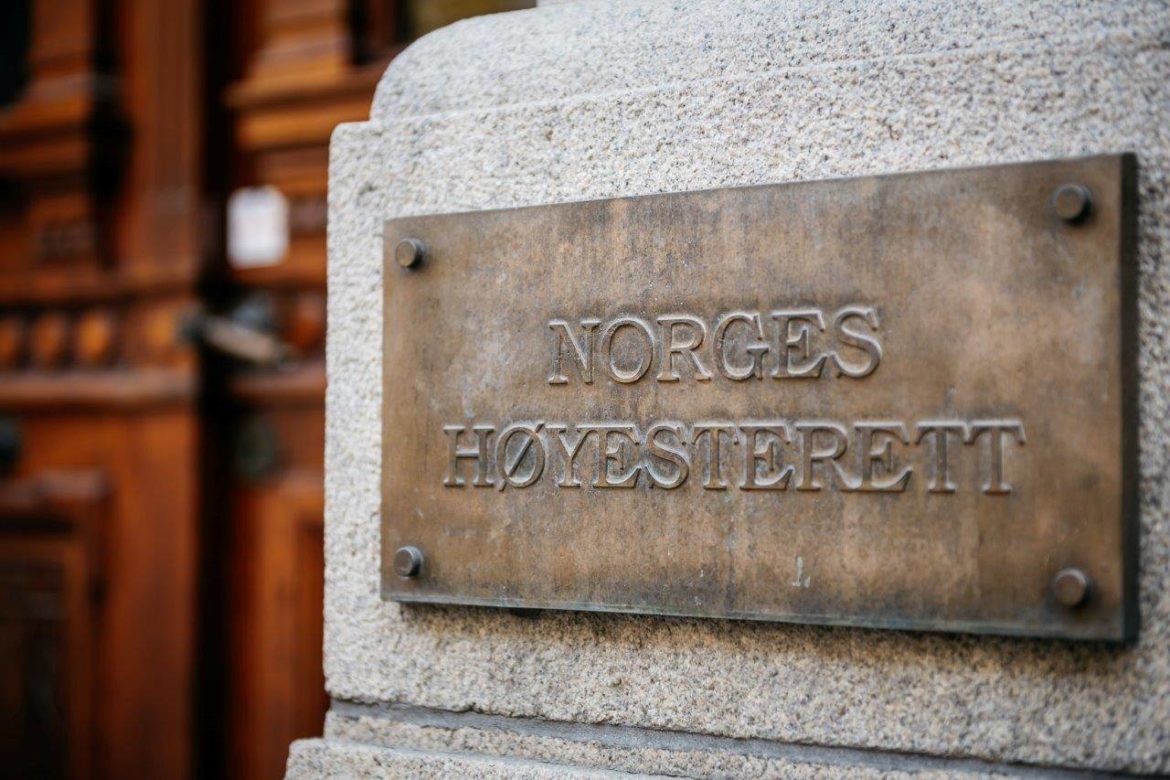The Supreme Court decides in favour of Skeie Technology
 Foto: Erik N.H. Krafft
Foto: Erik N.H. Krafft
The Petroleum Act section 10-7 gives the Ministry of Petroleum and Energy the right, at any time, to demand security from licensees on the Norwegian Continental Shelf (NCS). The Norwegian Ministry of Petroleum and Energy has thus requested licensees to provide a parent company guarantee to secure all obligations in relation to petroleum activities. The format and wording of the parent company guarantee follows a standard template, which has been consistently applied by the Norwegian Ministry of Petroleum and Energy since the late 1970s. Now for the first time, the Supreme Court has reviewed the scope of this guarantee. The question presented to the Supreme Court was whether the State’s repayment claims under the Exploration Tax Refund Scheme is covered by the guarantee.
Skeie Technology was the majority shareholder of the company E&P Holding AS (EPH), which obtained participating interests in Production Licenses on the Norwegian Continental Shelf. ST issued a standard parent company guarantee (PCG) to the State covering:
… obligations which may arise for [EPH] in connection with this company’s activities related to exploration and production of subsea resources … on the Norwegian Continental Shelf:
a) Such obligations which the company has assumed towards the Norwegian State …
EPH encountered severe financial difficulties. In 2009, the company concluded an agreement with TGS Nopec for purchasing seismic data for approximately NOK 900 million. In 2009 EPH purchased seismic and services for NOK 400 million and claimed a tax refund from the State for the tax value of the exploration costs incurred during the year. Following a closer scrutiny, the Oil Taxation Authorities concluded that the main purpose of the transaction was to obtain the exploration refund, and not to carry out exploration for petroleum. The Oil Taxation Appeal’s Board concluded that the costs were not deductible, and thus not refundable under the Exploration Tax Refund Scheme. EPH was not in a financial position to repay the tax refund, and the State thus claimed ST under the PCG. The claim was in the range of NOK 325 million, with addition of interest. ST claimed that the State’s repayment claim under the PCG fell outside the scope of the parent company guarantee. ST was acquitted in the Oslo City court, whereas the Borgarting Court of Appeal ruled in favour of the State. The Supreme Court rendered a split judgment 4-1 in favour of ST.
The majority held that the PCG should be interpreted objectively and in line with the relevant legislation. They found that the scope of the PCG was the activities carried out pursuant to the licenses awarded. The majority did not take a position as to whether the PCG covers tax claims, but stated that anyhow, such claims must be related to business carried pursuant to a license.
The seismic data that EPH purchased from TGS Nopec covered geographical areas outside the area of EPH’s licenses, and was thus not relevant to the activities under EPH’s awarded/acquired licenses. The majority also rejected the State’s argument that the acquisition of seismic was intended to finance EPH’s activity under the licenses of the company.
The minority relied on the same principles of interpretation of the PCG and the relevant legislation, but concluded without doubt that the State’s claim for repayment of the tax refund was covered by the PCG. EPH undertook an exploration and production activity based on the licenses, and thus, the claim was related to this activity. Furthermore, a claim for repayment of taxes was covered under the PCG.
In conclusion, ST was acquitted, and awarded NOK 6.4 million in legal costs.
In parallel proceedings, the Borgarting Court of Appeal has recently heard the appeal in the criminal proceedings following the EPH tax refund case against the Managing Director of EPH, the CFO of TGS Nopec, and TGS Nopec. The judgement in this case is expected sometime prior or after Easter 2020.
The Supreme Court judgment does not answer all questions arising from the parent company guarantees issued in relation to petroleum activities, but it shows that the guarantee must be interpreted based on the purpose and the context, and not in the widest possible sense. However, several unresolved questions remain regarding the scope of the guarantee.
